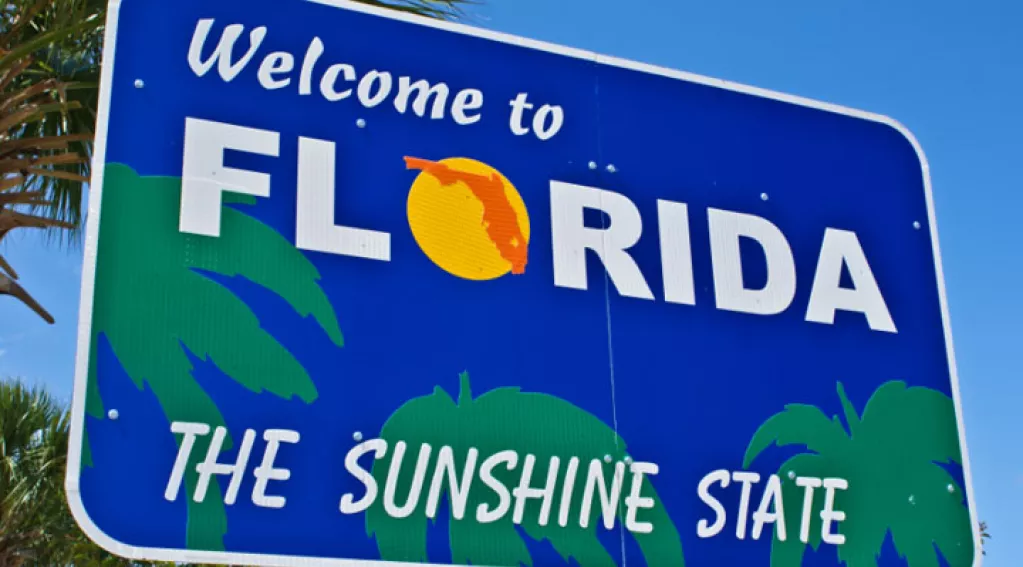Florida Sanctuary Challenge: Political Symbolism vs. Rule of Law

A lawsuit seeking to kill Florida’s new anti-sanctuary law recycles an earlier argument used to challenge Texas’s Senate Bill 4. It, too, could be headed to the legal trash bin.
Florida’s Senate Bill 168, signed into law by Republican Gov. Ron DeSantis, requires local law enforcement agencies to honor federal “detainer” requests on illegal aliens. The opposing 72-page lawsuit, filed last week in U.S. District Court, complains that such a requirement unlawfully “supplants” federal immigration authority. This is richly ironic, considering that the entire purpose of sanctuary jurisdiction is to usurp federal authority.
Curiously,the city of South Miami, the lead plaintiff and only municipality in thelawsuit, has never received a detainer request. Sean Foreman, aBarry University political science professor, suggested that the court gambitmay be “more symbolic than one that deals with actual problems on the ground.”
The lawsuit’s claims echo a previous failed challenge to Texas’s anti-sanctuary law. The 5th Circuit Court of Appeal ruled that administrative warrants (detainers) from U.S. Immigration and Customs Enforcement are sufficient to hold individuals ICE might deport, even if they’ve been granted bail or their charges have been dropped.
A 9th Circuit Court of Appeal panel expanded on that position last week, concluding: “[Local] cooperation relating to enforcement of federal immigration law is in pursuit of the general welfare and public safety.”
SB 168’s opponents attempt to revive spurious assertions that enforcing immigration laws somehow hampers effective local law enforcement. Not only is there is no evidence to support this contention, but crime statistics show sanctuary cities that shield illegal aliens to be among the most dangerous in the nation.
Withoutfacts or court rulings in its favor, the Southern Poverty Law Center (SPLC),representing the plaintiffs in the Florida case, shamelessly plays the racecard — smearing SB 168 supporters as “hate groups.” But subjective politicallabels do not objective legal arguments make.
State Sen. JoeGruters, R-Sarasota, a co-sponsor of the bill, noted SB 168 is identical to onedrafted in previous years by Larry Metz, a former member of the state House andLake County circuit judge. And summing up the view of many Florida lawenforcement officials, Brevard County Sheriff Wayne Ivey pointed out that SB 168 “simply says we are not onlyallowed, we are going to work with our federal partners.”

